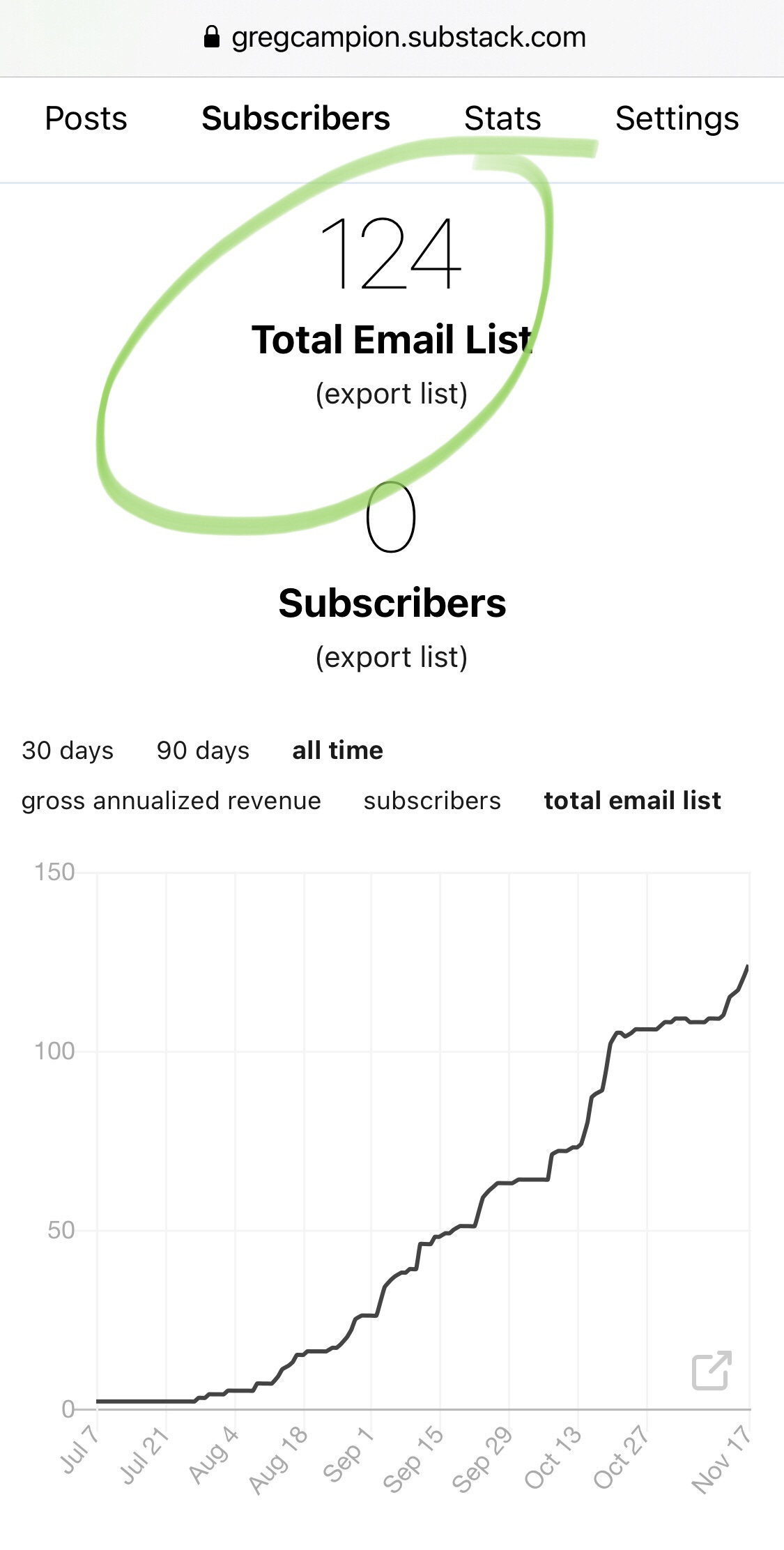There is a strange phenomenon that is not talked about much, yet it’s experienced regularly by soldiers returning home from war.
They come back from places where they've witnessed killing, maiming, destruction, and despair. Places where they've been bombed or shot at, or spit on. Places where they've experienced equal parts fear and boredom—both to extents they never dreamed possible.
And do you know what they do when they get back? Well, do you know what at least some of them do?
They miss it.
They long to be back. They pine for just one more day in the 'theater.'
How could that be?
Surely no sane person would long for war. Surely only blood-thirsty psychopaths would desire more time on the front-lines putting their lives at risk, right?
Well, not exactly.
In fact, a surprisingly large proportion of those returning from combat zones report having such feelings.
So what is it exactly that would leave returning soldiers dreaming of being back on the battlefield?
Author and journalist, Sebastian Junger, famous for writing The Perfect Storm, has become somewhat of an expert on this idea of 'longing' for war. He authored a book on the topic called Tribe—On Homecoming and Belonging. Junger asserts that one of the reasons veterans miss war is because of the community they build during their time in combat zones. There is a fulfillment and sense of belonging that comes from being part of a small group of people pulling for one common goal—sharing a common purpose—and, of course, being willing to die for one another. And this sense of belonging and purpose is almost impossible to replicate back home.
Junger's 13-minute TED talk on this subject is worth your time to watch.
It's not just soldiers who experience such yearning for what are ostensibly the most difficult periods in life.
Not long ago, I wrote about how the British were pummeled for years during WWII with almost nightly bombings. Ever since, the Brits have been known for their resolve, for their ability to ‘keep calm and carry on.’ Yet, there is evidence that many took it a step further than that, reporting that “The Blitz” was among the happiest times in their lives.* Happy? Having bombs dropped from the skies above one’s head? How could that be?
Many of those who lived through the Great Depression report that their fondest memories were from this time. Bread lines, mass unemployment. How could these be considered fond memories?
It must come down to the same two elements asserted by Junger: community and purpose.
Community — We are instinctually driven to be part of a tribe. From our caveman days to modern times, we have always longed to be part of the group. It's why we have political parties and sports teams. It's why we wear Patagonia vests with our companies’ logos embroidered on them. No? Just me? It's why we celebrate war-like rituals like the Friday night lights of small-town high school football. We want to be a part of something. Us against them. We want to go to battle together—even if, in the case of politics or the corporate world, those battles are (at least I hope) metaphorical.
Purpose — We also feel a strong pull to be part of something bigger than ourselves. Recently, I wrote about how many retirees struggle with a sense of purpose after they head off to the golf course for their golden years. We simply are not meant to be creatures of leisure and leisure alone. We need to work toward something. Something that we believe is truly worth doing.
It's easy to see how soldiers could feel a strong sense of community and purpose as they struggle to survive on the battlefield. And we can picture Londoners in 1940 feeling both a sense of community and purpose as they leaned on one another to get through night after night of bombings in pursuit of the ultimate shared mission—to outlast Hitler and the Nazis.
Similarly, in the Depression, families and friends needed to come together to help each other. Food was scarce. Jobs were non-existent. Mutual reliance was a must. The communities that formed were necessary for survival. And we can imagine the close bonds that were formed in those days. The deep personal relationships. The gratitude that must have been felt for those lending a hand. And we can get a glimpse into why, many years later, those who lived through it might look back with a sense of fondness.
Where does that leave us today?
We find ourselves in what society seems to collectively agree is the worst year in modern history. I've lost count of the number of times this year when I've thought "How could this actually be happening? This feels like a movie."
But it's reality and we're living it. And it's been a struggle for many. A struggle which I personally don't think I can even do justice to.
The job losses. The economic devastation. The canceled weddings and graduations. And, of course, the human toll—the many who have suffered from COVID-19 and those who have lost their lives or loved ones to it.
But just like those difficult times of past—the wars, the bombings, the Depression—there is also some good to come out of this time.
As I think back on this year, I can't help acknowledging how incredibly fortunate I have been. I have a job. I have a young family that is healthy and full of life, and happiness. And we have close friends and family members who we can rely upon.
And likely because I have all of those things, I have not suffered nearly as much as others.
It seems like heresy to say, and I do feel a bit guilty saying it, but this year has allowed me a chance to step back, and in the midst of all the chaos, to actually enjoy it.
I've enjoyed the slower pace of life. I've enjoyed getting to know my kids better—including one little guy who was born in quarantine. I've enjoyed not being 'overscheduled.' I've enjoyed eating breakfast and dinner every day with my family. And I've enjoyed the small, “socially distanced” get-togethers with our neighborhood friends.
While many sports, vacations, and holidays have looked a lot different this year—or have been canceled altogether—they've been replaced by games of Scrabble, evenings at the fire pit, or just sitting around watching movies together. And for that, I'm thankful.
Of course, it hasn’t been without struggle. And throughout this time different members of our small community of family and friends have suffered—from the stress of homeschool and the disappointment of missed graduations or holidays to loneliness, sickness, and job loss. But the point of the community—the mutual support—has shone through this year. It’s been palpable. And it feels good.
As we move toward an end to this very strange time, I’ve begun to understand why those soldiers missed those battlefields, and how so many had such fond memories of what were otherwise trying times like the Blitz and the Great Depression.
I'm self-aware enough to realize that my circumstances have placed me in an extraordinarily privileged position and that others have suffered infinitely more than I have.
But even with all the hardship that’s been faced by so many this year, there is also some good that is coming from this time. And someday, I hope that you and I will be able to look back on this moment in time and appreciate those silver linings.
*It is worth noting that the idea of British “Blitz Spirit” has been called a myth by some in modern times who see it as more a reflection of successful propaganda campaigns at the time to keep morale high. I don’t know the true answer here but I’d guess it lies somewhere in between truth and myth.
Some more thoughts on community… specifically, THIS community:
I want to thank you for being a part of this community called Intentional Wisdom.
One of the things I try to do here is provide some perspective, along with an occasional history lesson, to remind you (and myself) that there are reasons to be optimistic about this world.
One of the most rewarding parts of this project for me has been the emails that I receive back from you all each week. So many of you email or text me to let me know how that week's particular article resonated with you and to share your own story or personal perspective. I appreciate those and I hope you keep sending them.
I also wonder how I can get out of the way and let you all interact with one another. Sometimes I feel guilty for being the only one to read what are often extremely insightful comments or points of view (sometimes even taking me to task for my explanation of things like the Second Law of Thermodynamics—hey, I’m no physicist, okay?). One idea, if you’d like to, would be to post comments on the articles themselves. You can do that by clicking on the comment icon on the email which should send you to the right place (see below).
Also, just a quick update… this community is growing! It’s now 124-strong and seems to keep growing every week by word of mouth—so thank you for spreading the word. Please continue to share this with friends and family or whoever you think might benefit from a weekly dose of motivation, inspiration, and perspective.
I appreciate you being a part of this community and I hope today’s article reminds you of why community is so important. Have a great week. - Greg








I enjoy reading your weekly articles so very much. Every one is spot on and I can relate. Keep on writing!